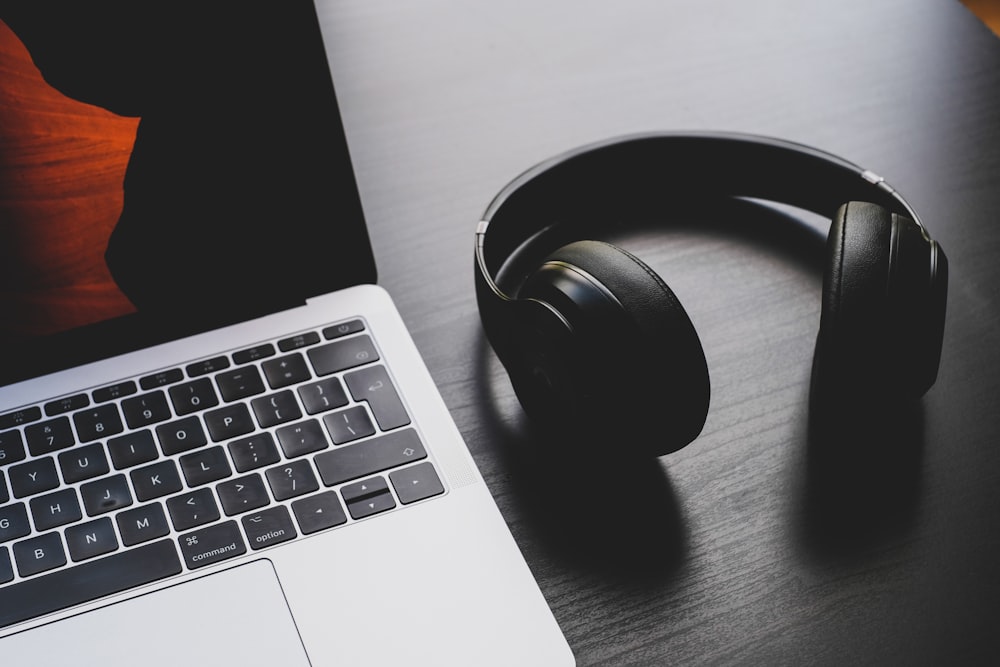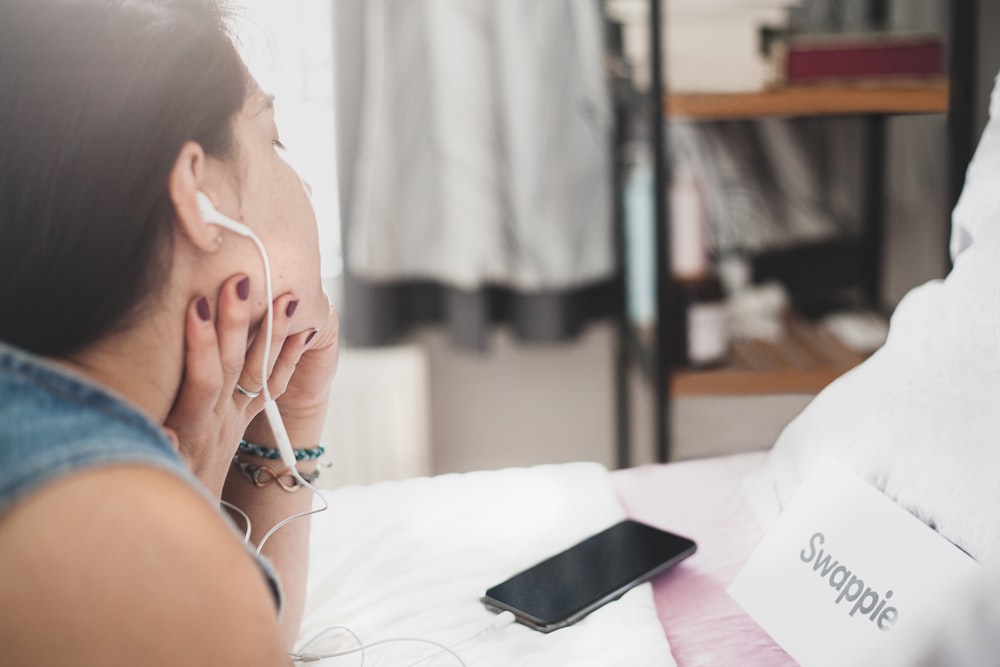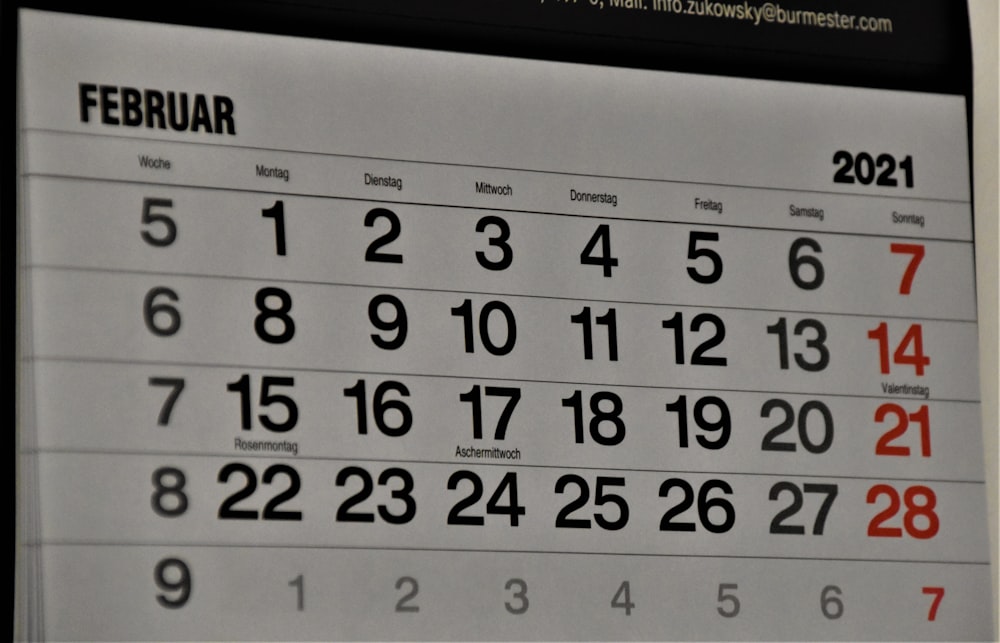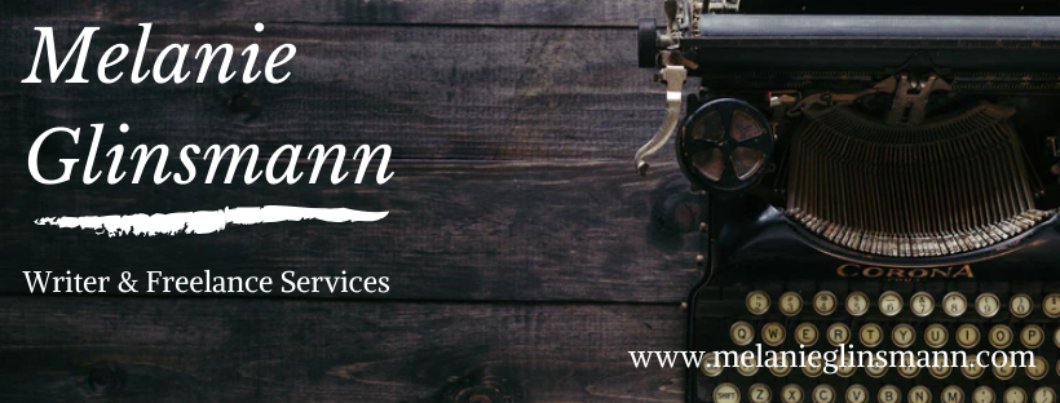
In my last post, I outlined my reading goals for 2021. Now that we’re a couple months into the year, I’m well on my way. I’ve already read seven books. But I have a secret to admit.
I count audiobooks.
Recovering Book Snob
As a student of literature and lover of classics, I admit I’m a bit of a book snob. I have always preferred physical books. There’s something special about holding a book in your hands and turning each page. However, in recent years, my reading habits have evolved due to both technology and personal circumstances.
Digital books have been part of my reading inventory for some time now. I was gifted an e-reader when I finished graduate school. At that time, I primarily used it for books I wanted to read but didn’t necessarily want to keep on my bookshelf.
Over time, I began using my e-reader more and more. While I still prefer physical books, especially for favorite authors and/or ongoing series I already have in physical form, my eBook collection has expanded. I still love physical books, but digital formats offer benefits physical books cannot give.
Digital books provide easier portability. While you do have to be mindful of charging your reading devices, this is a great option when traveling or if you have a train/subway commute. And for me, I love the display options. I have a vision impairment (mostly blind in one eye), so being able to adjust background colors and font size is a huge plus.
And then there are audiobooks.
Attitude Adjustment

For a long time, I hesitated to use audiobooks other than occasionally a free public domain reading I could listen to at work when I got tired of music. But I never considered it real reading.
In the last few years, my attitude on audiobooks has changed as my own circumstances have changed. While I still believe listening to an audiobook can’t be considered reading in the truest sense because you’re not decoding written letters, I not only listen to audiobooks, but I also count them towards my reading goals.
When it comes to how your brain processes visual and auditory stories, some recent studies have shown that listening to an audiobook activates many of the same regions in the brain as traditional reading. While these studies have had small sample sizes, there seems to be a similarity in how your brain recognizes and interprets words regardless of whether you’re looking at them or hearing them read.
I don’t know why this surprised me, maybe because I’ve been a purest when it comes to books. But this revelation actually makes sense. Many who enjoy reading as adults had parents and teachers who read to us as young children. We learned to read by hearing voices speak the words. So while looking at the words for ourselves versus hearing them might be a different process, how we comprehend those words appears to make little difference to our brains.
Why the Change
When it comes to my personal audiobook preferences, there are certain types of books where I still prefer traditional reading. Things like history or more academic based content are more difficult to engage with as an audiobook. These genres tend to be more fact based rather than narrative so they can sound more like a college lecture. Also, with some books in these genres, I like to take notes along the way. That’s easier to do with a physical or digital book rather than replaying an audio section to copy down the information correctly.
However, genres like thriller or dramas lend themselves better to an audio experience by their very nature. The action and tension involved create drama making scenes easier to imagine as we listen to it in audio form. Your brain can easily visualize the events as if you were watching a movie.
I enjoy listening to audiobooks while doing things around home. Having a good book to listen to makes cleaning my apartment a little less horrible. (Have I ever mentioned how much I hate cleaning?)
Why Audio is Important To Writers Too
Another reason why I changed my attitude about audiobooks has nothing to do with reading. It has to do with my development as a writer. As more people, especially those on the younger end of the spectrum, turn to audio-first search engines and podcasts, audiobooks will become even more popular. Instead of sitting down to read a book, they prefer the ease of access on their phones and being able to listen in shorter chunks of time as their schedule allows.
While this is an additional expense, especially for those who self-publish, the potential upside for audiobooks should be considered. For certain target audiences, audiobooks might not be as big of an interest yet. However, for many wider audiences of teen and adult genres, both fiction and non-fiction, audiobooks can provide additional streams of income for the author..
Benefits of Audio for Authors
The ability to consume content from a phone or other audio enabled device gives readers options. They can take your book with them wherever they go. And sometimes readers will purchase a physical or digital copy along with an audio version for this reason. They can read at home or listen on the go as needed.
Additionally, most audiobook players offer variable speed controls. So, if a listener wants to change the pace, there are options for everything from half speed up to three times speed. This allows listeners to control their personal preferences and allows you to listen to a book much faster. Because of this flexibility, having audiobook versions available not only gives loyal readers more options, but they can also help draw in new readers who prefer audio content.
Another reason audiobooks can be beneficial to authors is that they provide accessibility for readers with disabilities. In my case, I can read physical or digital books. But, because my good eye has to focus harder, I can’t read for as long as I would like sometimes. For those with more severe visual impairments, braille books are expensive. Audiobooks are also a great option for those with limited function in their hands or arms as the user doesn’t have to hold a book or turn pages.

When it comes to audiobooks, I used to feel like I was cheating on my reading goals. The few times I did listen to an audio version of something, I didn’t count it in my completed list because I didn’t technically read it. But that has since changed. While I still don’t consider audiobooks as true reading, my brain has no problem processing the language, dialogue, and narrative arc.
So audiobooks totally count.

**Do you listen to audiobooks? What are some of your favorite genres to listen to when you’re looking at an audiobook?**
Reignite your creativity!

Subscribe to get new content, monthly newsletter, and important updates. You'll also receive a free download - "30 Days of Creative Inspiration."

